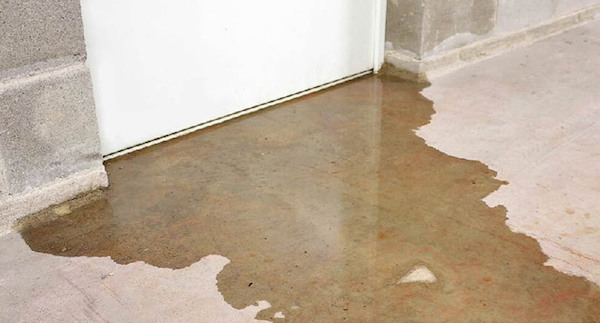Water damage may be quite costly. A natural calamity, a burst pipe, a sewer backlog, or a faulty pipeline can all cause water damage. They are a constant threat to the land as well as the people. Water is dirty and may cause several illnesses if waste is not disposed correctly.
According to FEMA, water damage is one of the most prevalent natural catastrophes in the United States, generating $2.4 billion in damage per year over the last decade. Such an event has a monetary impact on us and a long-term impact on our lives. They also carry several diseases that are transferred by water.
If we intervene promptly within the first 24-48 hours, we can reduce the damage. We can reduce the amount of injury caused if we respond promptly during the first 24-48 hours. However, you may be unsure of what to do since you are afraid. As this article explains, water damage may harm you and your property in a variety of ways. This blog discusses the consequences of water damage.

Short-Term Damages
Electrical Damages
You may not have considered the electrical risks and damage that may occur in your home during a flood, even though water and electricity do not mix. Electrical appliances that have been harmed by water are usually rendered useless.
Electrical equipment such as dryers, microwaves, televisions, and geysers can be damaged by moisture and water. It’s best not to use these appliances until they’ve been adequately inspected. Such gadgets should not be connected to the power supply!
Damage to the furniture
Flood water contains sewage, garbage, twigs, leaves, waste, filth, and various bacteria and fungi. There are other biohazards. Floodwaters can ruin furniture, carpeting, and cleaning supplies.
You might not be able to use such furniture again since it could transmit infections; if it’s been in the water for more than 24 hours, there’s a slight chance you’ll be able to use it again and will need to replace it.
If carpets and drywall are soaked for a lengthy period, they may be damaged, and your flooring may begin to crumble. Replacement is the only solution in some instances. It would help if you did not avoid them as they can cause you massive health problems. They can infect the skin, nose, and stomach.
Long-Term Damages
Structural Damage
Water damage may be devastating, and it will obliterate anything in its path. Water damage may cause fractures in walls, ceilings, and windows and doors to break. You should not enter the premises until all of these issues are resolved, as the structure may collapse if the damage is severe.
The flooring may appear to be in good shape at first, but as the situation worsens, the tiles may begin to split apart, or water may leak through. They may even relax. If you have wooden floors, the lamination may start to peel and distort.
Standing water can take a long time to evaporate, enabling a considerable amount to seep into the soil. If the water continues to flow, it might erode the stone, concrete, or steel rods within the structure, causing severe damage.
The structure begins to droop as a result. It’s usually a good idea to hire a water damage restoration services company to minimize the damage.
Mold Growth
Mold is a kind of fungus that thrives in moist, humid environments. If mould pieces, spores, or other materials are inhaled, they can cause significant respiratory problems.
Irritation, inflammation, irritants, mycotoxins, and allergies are all possible side effects of these inhaled chemicals. Various medical issues can occur depending on the type of immune system.
It can develop in as little as 24 to 48 hours. They may grow on books, clothing, carpets, walls, insulations, and various other surfaces.
Last few words!!
Water damage is risky, and you should avoid taking extreme measures since it might jeopardise your life. Throughout the procedure, patience is required. Drying out the space, buying new furniture, reinstalling power, gas pipelines, and so on are all part of the procedure.
Enter your premises only when all the assessments have been completed and the structure has been determined to be safe. You need to get the system back up and running correctly.
Maintain all plumbing systems, pumps, and appliances regularly to guarantee that water does not cause damage to your home or personal belongings. Throughout the procedure, patience is required.